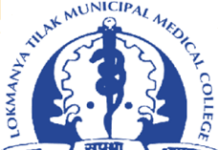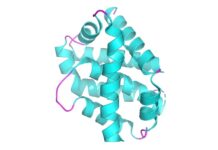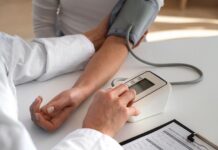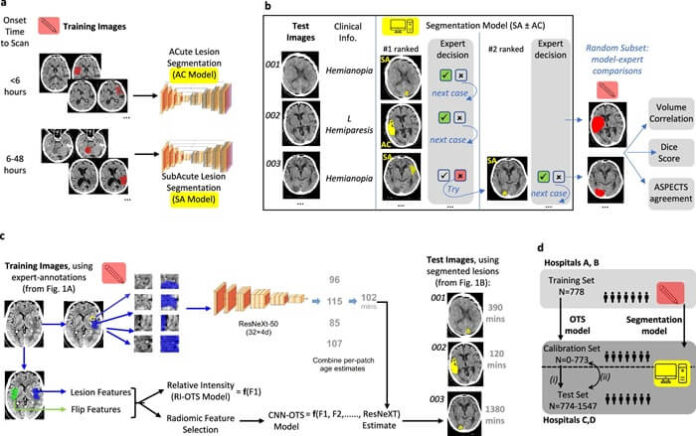New AI technology is transforming stroke care by accurately analyzing brain scans to determine the timing of strokes, helping doctors decide on effective treatments. Developed by researchers from Imperial College London, the Technical University of Munich, and Edinburgh University, the software addresses two critical challenges in stroke management: identifying the onset time and assessing whether damage is reversible.
As reported by medicalxpress, the software, tested on nearly 2,000 patients, was found to be twice as accurate as current visual methods, which rely on doctors estimating stroke timing by observing darker lesions on CT scans. Unlike these traditional approaches, the AI algorithm evaluates multiple factors, such as lesion texture and variations, to provide a more precise estimate of both the stroke’s timing and the biological state of the damage.
“This technology allows us to determine when the stroke began and assess whether it’s reversible, which is crucial for making treatment decisions,” said Dr. Paul Bentley, lead researcher from Imperial’s Department of Brain Sciences.
Stroke treatment is time-sensitive, with most therapies effective only within the first 4.5 to 6 hours of onset. Delays in determining stroke timing can limit treatment options or cause harm. This is particularly challenging for patients who are non-communicative or experience strokes during sleep.
Trained on a dataset of 800 scans with known stroke times, the AI software automatically identifies and analyzes stroke lesions, providing fast and accurate time estimates. Researchers estimate that this innovation could enable 50% more stroke patients to receive appropriate treatments.
“This AI tool doesn’t just improve accuracy—it’s fully automated and ready to integrate with existing systems, making it a game-changer in emergency stroke care,” added Dr. Bentley. The team plans to deploy the software in the NHS, potentially alongside current AI analytics in hospitals.
This advancement promises faster, more accurate diagnosis and treatment, ultimately improving outcomes for stroke patients worldwide.
























